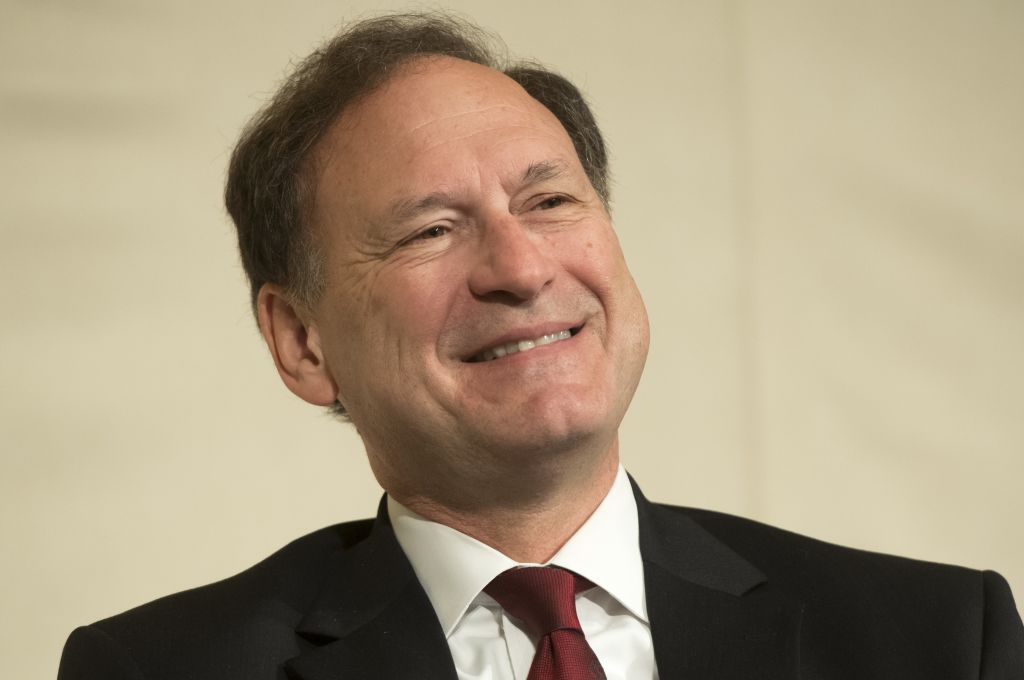The Supreme Court announced on Friday, for the second time in two weeks, that it will not halt a trial challenging the Trump administration’s efforts to discourage immigrants from participating in the 2020 Census.
Also for the second time in two weeks, Neil Gorsuch tried and failed to come to the Trump administration’s rescue. The case is In re Department of Commerce.
The case arises out of the Trump administration’s decision to ask Census respondents whether they are citizens — a question that the Census has not asked as part of its decennial count since the Jim Crow era.
Multiple experts, including top officials who led the Census in the Reagan and Bush I administrations, warn that asking a citizenship question “could seriously jeopardize the accuracy of the census,” because “people who are undocumented immigrants may either avoid the census altogether or deliberately misreport themselves as legal residents.”
The Constitution mandates an “actual Enumeration” of “the whole number of persons in each state,” regardless of immigration status. So a citizenship question potentially violates the Constitution because it could discourage millions of immigrants from participating in the Census.
One central issue in this case is whether the Trump administration acted with an improper motive when it decided to add this question. Commerce Secretary Wilbur Ross initially claimed that the question was added because the Justice Department requested it to aid its enforcement of the Voting Rights Act. But there is considerable evidence that this claim is a pretext, and that Ross only sought the Justice Department’s views to paper over a more insidious motivation.
Indeed, a federal judge initially held that lawyers challenging the citizenship question could depose Ross — though the Supreme Court halted this specific deposition late last month.
When the Court halted the Ross deposition, however, Gorsuch handed down an opinion announcing that he would go much further. Gorsuch, in an opinion joined only by Justice Clarence Thomas, said that he would have halted “all extra-record discovery pending our review,” and he strongly hinted that he thinks that the citizenship question is constitutional.
After Gorsuch failed to get the votes he needed to halt this trial altogether, the trial court announced its intention to move forward — including with a deposition of a senior Justice Department official — and the Trump administration asked the Supreme Court again to halt the entire proceeding. The Court rejected this second request on Friday, this time over the explicit dissents of Thomas, Gorsuch, and Justice Samuel Alito.
Friday’s order is no guarantee that the citizenship question will be struck down. The Supreme Court’s majority remains hostile to voting rights — and the citizenship question is very much a voting rights issue because the Census will determine the allocation of seats in the House of Representatives. Should the Trump administration ultimately prevail, power will shift from immigrant communities and towards whiter, more conservative communities.
But the fact that a majority of the Court will allow this trial to proceed is still significant.
Many voting rights cases turn on whether a government official who pushed a change to election policies acted with invidious intent. A gerrymander will fall, for example, if plaintiffs can show that district lines were drawn intentionally to weaken voters of color and empower white voters. Similarly, a voter ID law might be struck down if the plaintiffs can prove it was enacted with racist intent.
Just last June, however, the Supreme Court held 5-4 that lawmakers enjoy an extraordinary presumption of racial innocence when they are accused of acting with impermissible intent. Gorsuch’s efforts to shut down the Census trial appear to be an effort to make it even harder for voting rights plaintiffs to probe the ill intentions of policymakers. Had Gorsuch prevailed, the Census plaintiffs may have been prevented from gathering crucial evidence they need to prove that the citizenship question was added for the purpose of undercounting immigrants.
So Friday’s order suggests that, at the very least, five members of the Supreme Court are not willing to go quite that far. That’s not necessarily great news for the future of voting rights, but it is much better than the alternative for Americans committed to free and fair elections.

